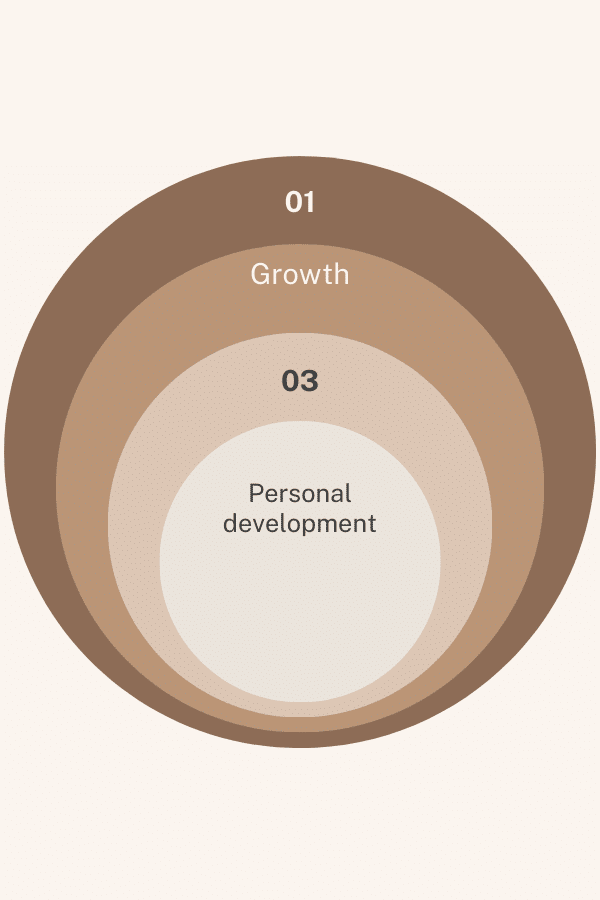Attachment
This energy that I have stuck in my head weighs me down. The energy can flow in my body but my head feels trapped. I have so much attachment to what goes on in my head, particularly my eyesight. This brings much stress and pressure to my eyes when I want to see everything that is around me, and navigate everything in my environment when I am unable to do so with my limited eyesight. It is much less stress when I let go of caring to see all of my surroundings.
My eyes are a body part of mine. Almost like an illusion, they pick up on our environment outside of ourselves and we almost feel like it’s apart of us. As my eyesight has decreased it gets harder and harder to navigate and to be aware of my sighted environment. When I am with other people it is much easier for me if I let go of what I see and sit in the presence of my other senses.
This is an attachment to my body, expressed in the part of it that is aging before the rest of my body is.
What does this have to teach me? What does this have to show me? This is suffering. My body will decline eventually. Since this is not immediately life threatening to me, this is a lesson I can learn from.




